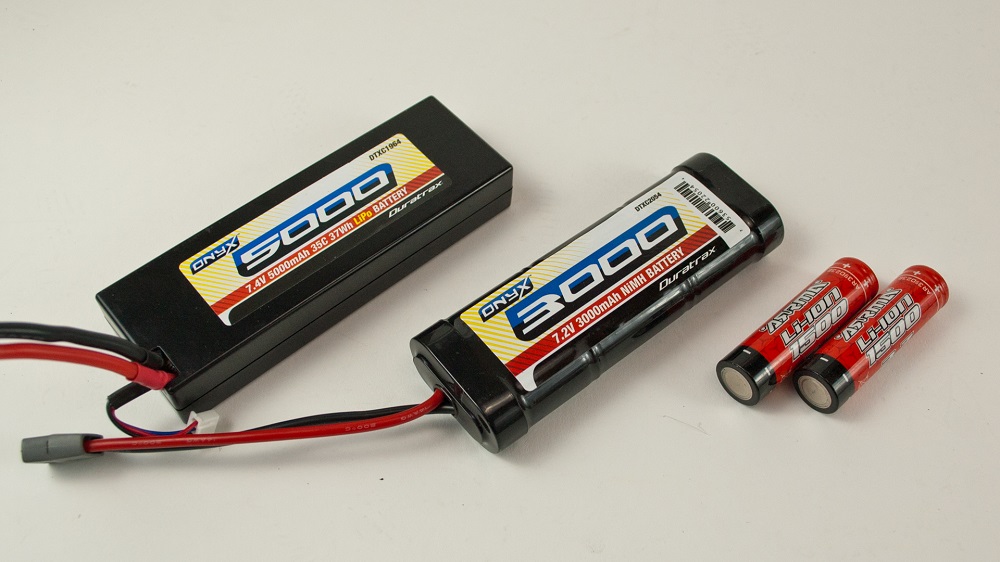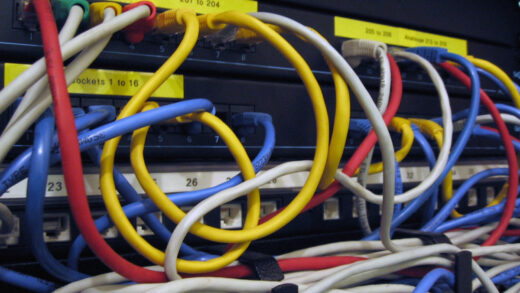The Difference Between LiPo and NiMH Batteries
Whether you fly or drive, your RC vehicle is going to require some type of a rechargeable battery, be it the main power battery or the battery that powers your radio equipment. There are a lot of different things that have emerged over the years in the world of RC technology and batteries, so it sure can get a bit confusing. As technology continues to develop with the speed of the light, it is important to stay informed about the latest developments of RC batteries and the most popular and most commonly used types – LiPo and NiMH batteries.
Contents
NiMH Batteries
In comparison to the first type of rechargeable batteries NiCad , NiMH or nickel metal hydride batteries are way better. Although the first models of NiMH were full of problems and weren’t that safe to use especially for radio-controlled systems, the new models are stable, reliable and a perfect choice for any type of RC system. In fact, NiMH batteries are an affordable and common type of batteries that can be found in home appliances and devices. They are user-friendly and easy to charge and store, but what you should pay attention to is the fact that before recharging, they need to be fully discharged. NiMH batteries are built with standard sized cells and metal cases and have a rated voltage of 3.6V, 7.2V, etc. However, when compared to LiPo, NiMH batteries have a lower voltage and they are pretty heavy.
LiPo Batteries
Lithium Polymer or LiPo batteries are a way more advanced type of batteries that resolved the problems of the previous ones. Thanks to these RC batteries, RC models can now move faster and can climb as high as they want. In fact, LiPos have the highest power to weight ratio and have a low self-discharge rate when compared to the previous models. When compared to NiMH, LiPo batteries are lighter and can come in different sizes, and have a typically rated voltage of 7.4V, 11.1V, 14.8V and 22.2V which is pretty higher than NiMH. The thing that allows them to have more power is the fact that they discharge energy at a different rate which allows for a more consistent stream of energy to the motor. Unlike NiMH, the LiPo type charges way faster but their main disadvantage is their shorter lifespan, and in case the battery is not stored properly or it’s damaged, a fire could occur which is not the case with NiMH batteries.

















